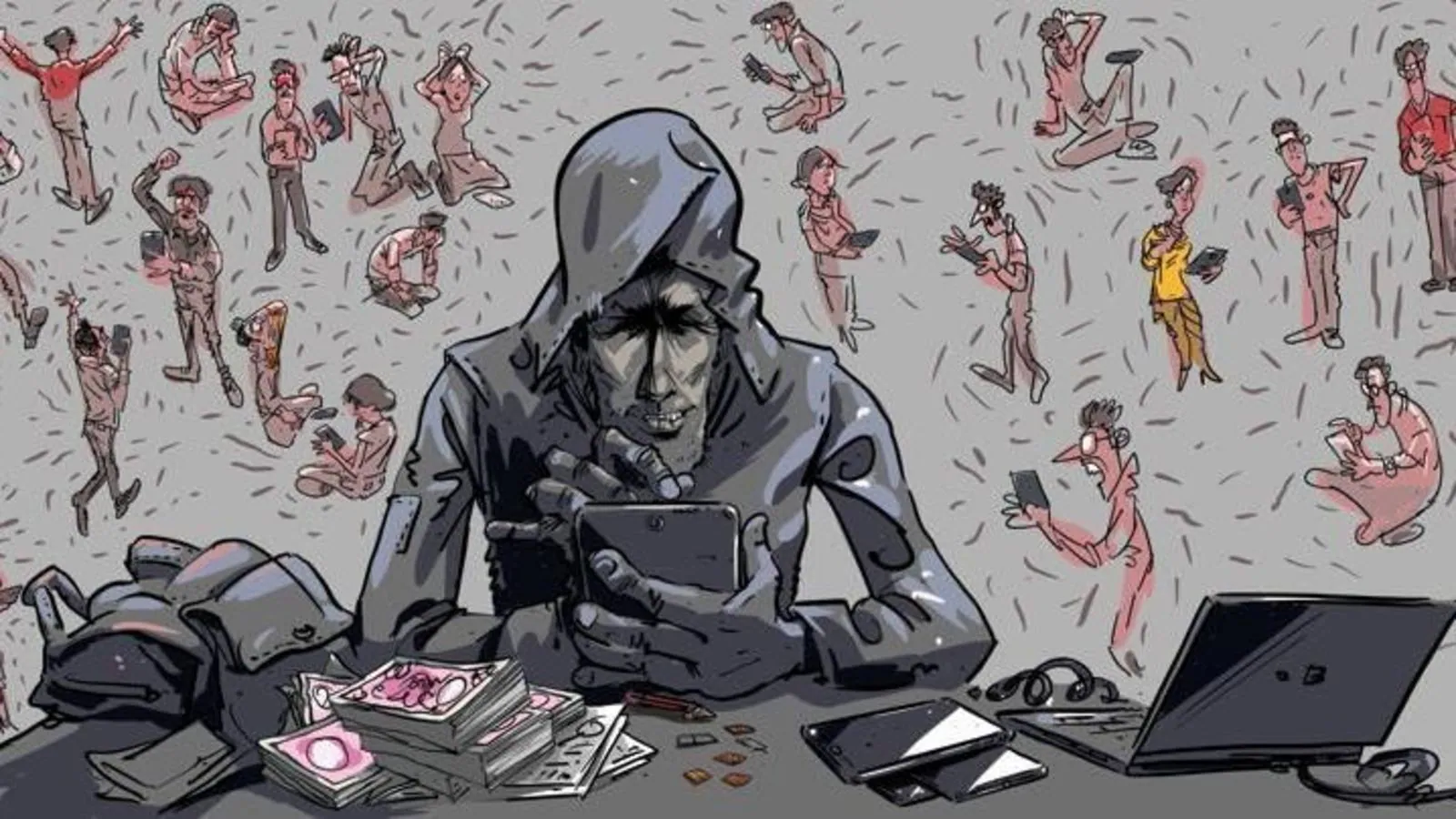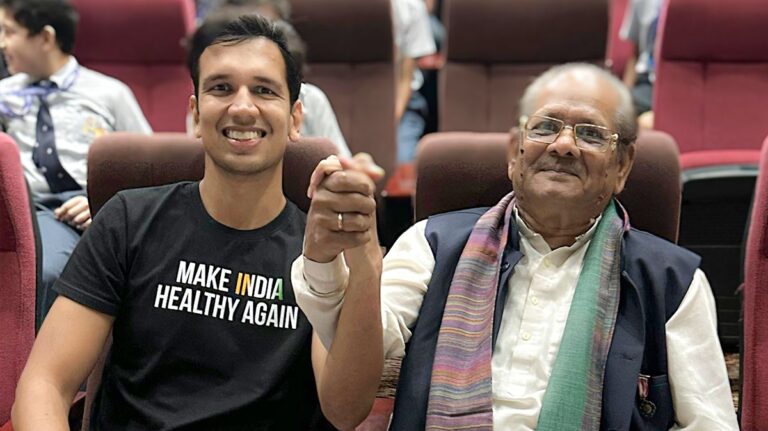Baba Ramdev’s recent remarks have stirred up a bitter controversy in a country where beverages often serve as cultural bridge-builders. During the launch of a Patanjali sharbat on April 3, Ramdev introduced a provocative term, “Sharbat Jihad”, while taking an indirect swipe at Hamdard’s Rooh Afza, insinuating the proceeds of a particular “sharbat-making company” were allegedly funding mosques and madrasas. The fallout was immediate and fierce.
Comparisons to past public relations debacles abound, but this episode has brewed into something uniquely polarizing. It’s as if Pepsi had accused Coca-Cola of financing temples or gurdwaras, an outlandish hypothetical that highlights the incendiary nature of Ramdev’s analogy. But unlike cola wars that end in billboard banter, this controversy has ended up in the Delhi High Court.
Rooh Afza Fiasco: The Court’s Response: ‘A Blow to the Soul’
Justice Amit Bansal minced no words. Terming Ramdev’s comments as “unforgivable,” the court stated the video “shook the court’s conscience.” The bench ordered the removal of all promotional videos containing such “religious insinuations” and mandated an affidavit from Ramdev, affirming a commitment to avoid similar public statements in the future.
The legal position taken by Hamdard, represented by senior advocate Mukul Rohatgi, argued that the comments constituted hate speech and religious defamation. “This wasn’t mere competitive advertising, it was a communal provocation,” he asserted.
Sharbat, Faith & Firestorms
Ramdev’s comparison of his brand’s sharbat funding gurukuls and “acharya kulams,” while painting competitors’ profits as allegedly funding Islamic institutions, stoked religious tensions. Such remarks dangerously tread the line between cultural identity and religious vilification not dissimilar to past controversies where public figures have drawn rebuke for injecting communal tones into commerce.
Critics, including All India Muslim Jamaat’s Shahabuddin Razvi, fired back, suggesting that if such logic held, Ramdev’s wellness empire could equally be framed under “Yoga Jihad.” The irony wasn’t lost on many, drawing parallels to how polarizing narratives often emerge under the guise of branding or nationalism.
From ‘Love Jihad’ to ‘Sharbat Jihad’
The term “Sharbat Jihad” seems to be a continuation of a troubling rhetorical trend where concepts like “Love Jihad” and “Land Jihad” have been used to frame Muslim identity in oppositional terms. Ramdev’s framing escalates this to an everyday consumer product making even a chilled drink a vehicle for division.
While earlier marketing wars saw cheeky slogans and witty wordplay think Horlicks vs. Complan or Surf vs. Nirma this episode demonstrates how brand battles are becoming entangled with ideologies. And in such cases, the damage is not just to reputation, but to the fragile communal harmony that India strives to preserve.
Patanjali Responds, But Questions Linger
In response to the court’s rebuke, Patanjali’s legal representative Rajiv Nayar assured that all controversial videos would be removed. However, public trust once soured is harder to restore than a social media timeline.
On April 12, Ramdev doubled down, posting another video implying that “Jihad of all kinds” exists from love to vote to beverages claiming he hadn’t invented these terms but was merely “stating facts.” This attempt at justification only poured more fuel on the fire.
What Next?
For a brand built on swadeshi pride and yoga-based wellness, this episode could signal a moment of reckoning. Patanjali’s products have been household staples, but this incident risks alienating a significant section of its consumer base.
More than a case of bad PR, the “Sharbat Jihad” controversy is a cautionary tale of how casual communalism cloaked in brand rivalry can lead to judicial censure, corporate backlash, and a bitter taste that lingers far longer than any beverage.
Also Read: Swiggy Hit with Rs 158 Crore Tax Demand: A Legal Battle Looms

























